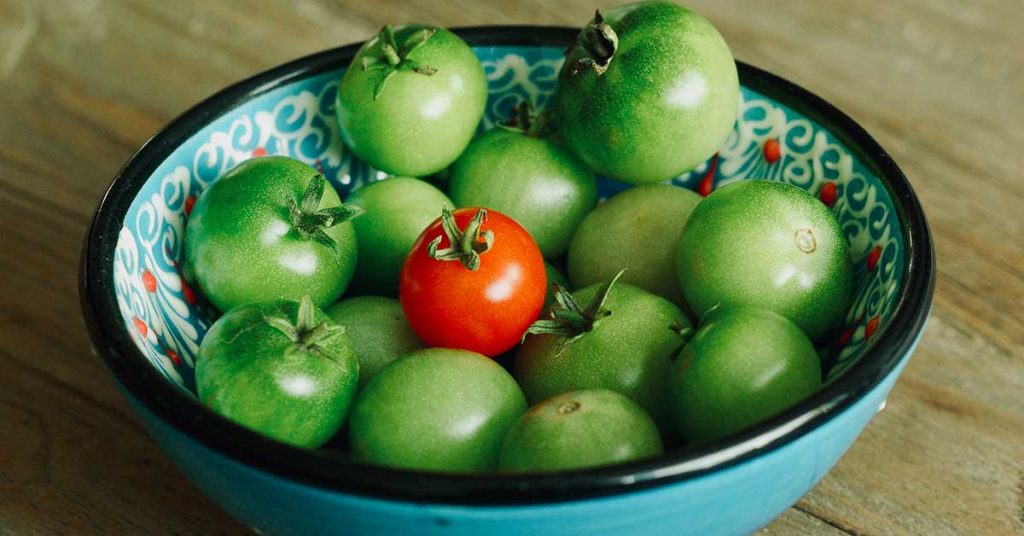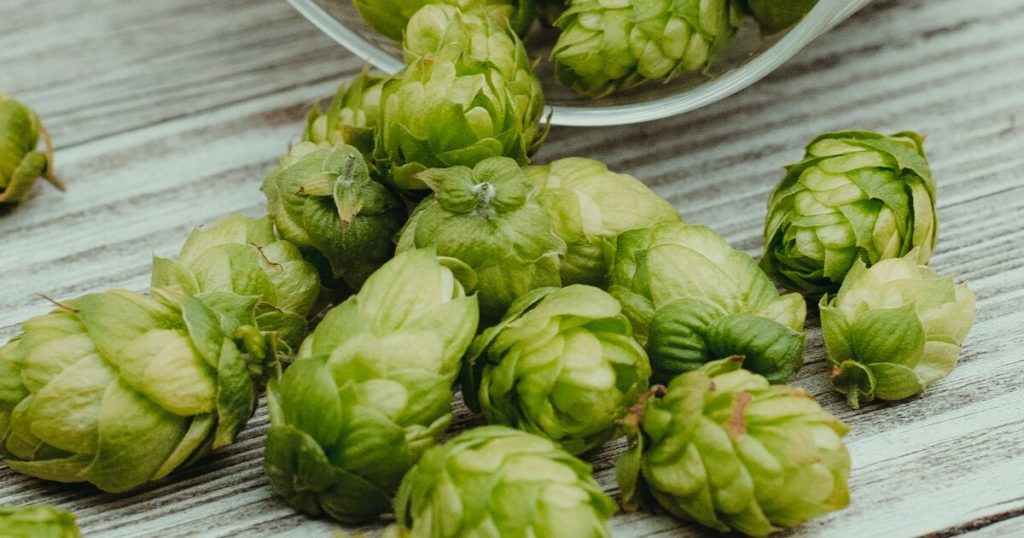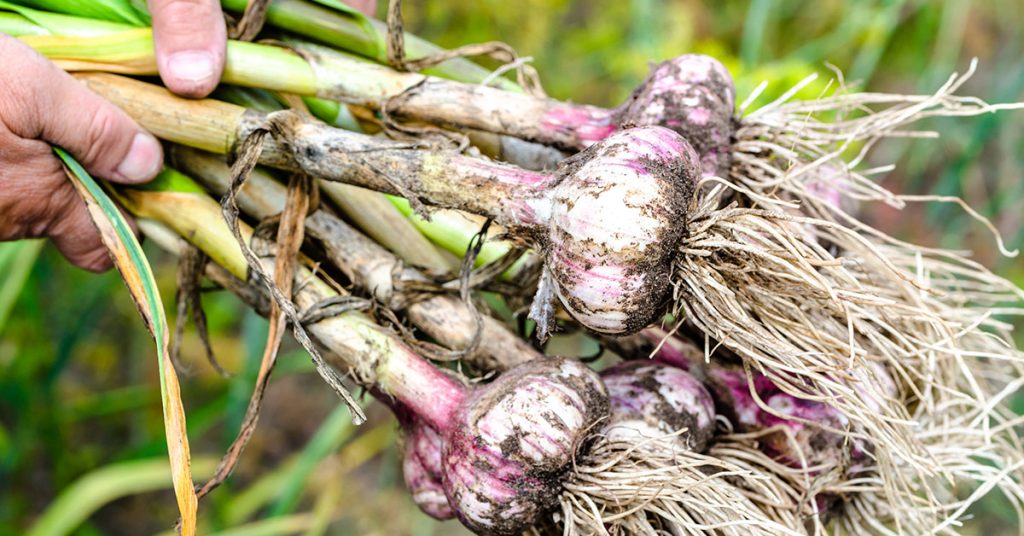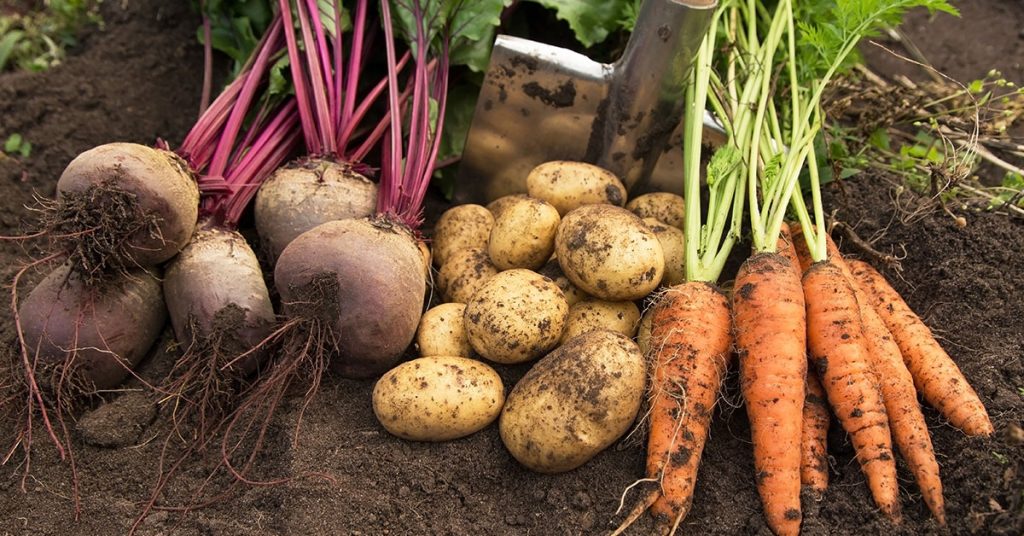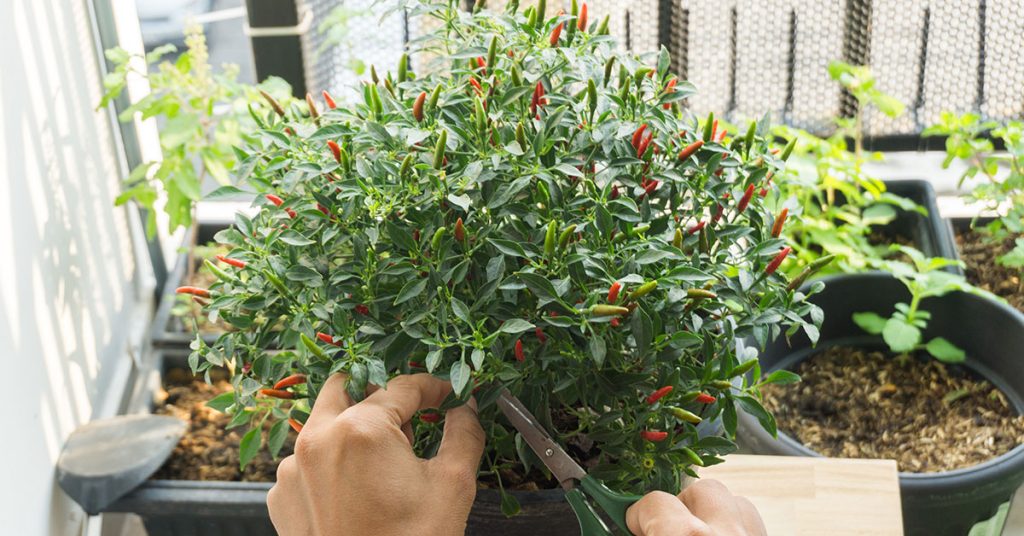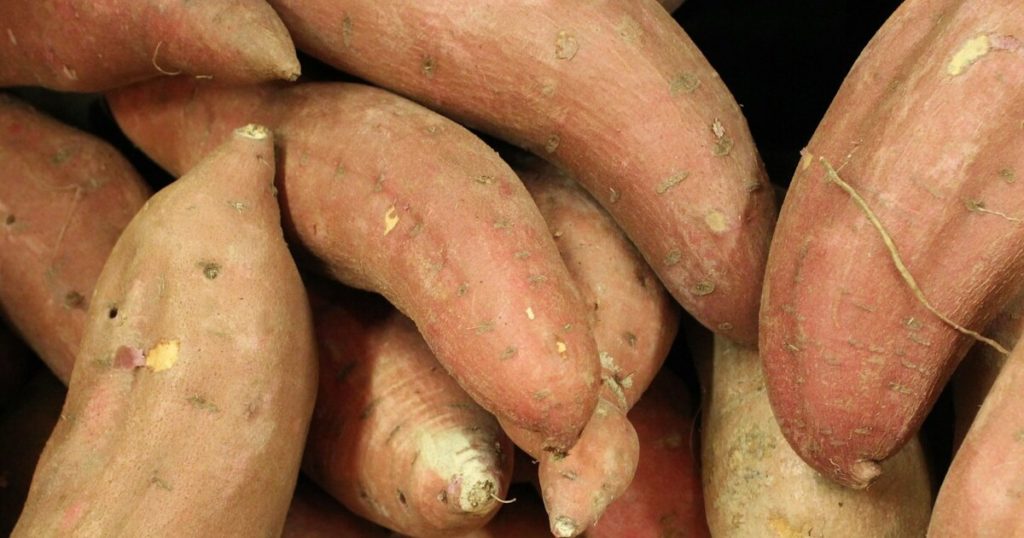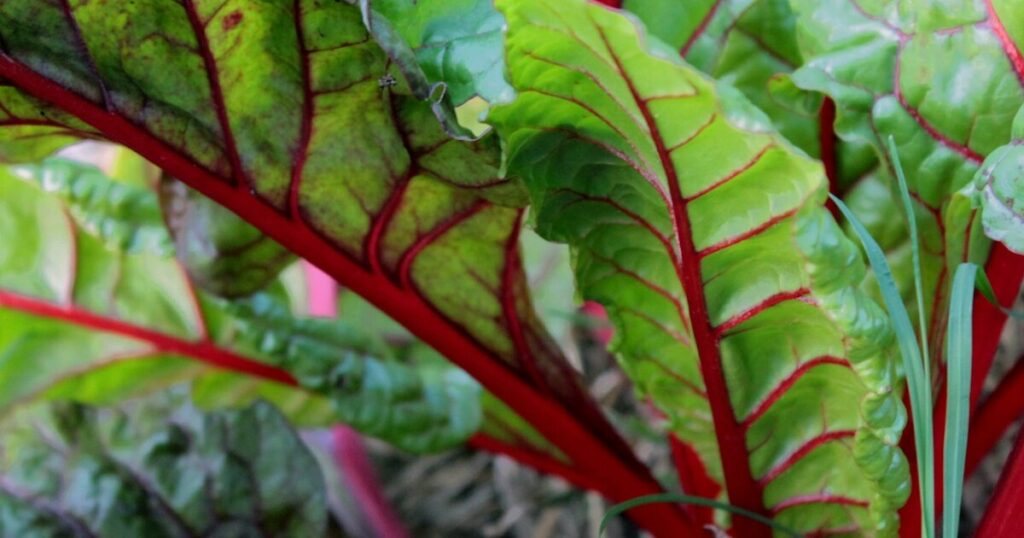Growing tomatoes is one of the greatest joys of gardening. There’s nothing quite like plucking a ripe, juicy tomato from the vine and savoring the fruits of your labor. But it can be incredibly frustrating when, just as your tomatoes are ripening, they start to split. I’ve been there, staring at those unsightly cracks and...
Fruits And Vegetables
Living off grid is a term coined by Nick Rosen, an environmentalist. It’s defined as being independent of systems like utilities and other types of conveniences. Some consider it to be a sort of exile from society, others view it as being a more environmentally positive action, and technically, both are correct.
People who live off grid often have vastly simplified lifestyles. Buying stuff, convenience, and overconsumption take a back seat to more simplistic living. Lots of DIY, self improvement, and producing the things you need yourself.
Living off grid has numerous benefits. Off grid families tend to have a lower environmental footprint due to producing energy from clean tech sources like solar, less consumerism, and producing more food themselves. People who live off grid also experience a ton of personal satisfaction for the work they put in and what they get out.
Living off grid reportedly reduces stress and anxiety and improves health overall. The physical labor involved with off grid living is better for you than sitting at a desk in an office, and the food you grow yourself is often substantially healthier than what you would find in a grocery store.
Families who live off grid don’t just live frugally but can also make a little bit of money at it. Selling extra eggs, produce, and other things can help turn your off grid lifestyle into a net financial positive.
It’s not easy to be a fully off grid individual or family, but there are steps you can take to get you started without cutting off the world and living alone in a remote cabin.
As fall creeps in and nighttime temps begin to dip, many gardeners find themselves with a frustratingly familiar problem: dozens of green tomatoes still clinging to the vine while cold weather approaches. Maybe you planted late. Maybe your summer was cooler than usual. Maybe you just have a stubborn variety. Either way, it’s the end...
If you’ve ever dreamed of brewing your own beer or simply growing a plant that looks spectacular while offering real utility, hops are the perfect choice. These climbing vines, known for their aromatic cones, are not only beautiful in the garden but also incredibly rewarding when it comes time to harvest. Many gardeners assume hops...
Garlic is one of those crops that rewards patience—you plant it months before you expect to harvest, and the anticipation makes pulling those fat, papery bulbs from the soil even more satisfying. While many gardeners plant garlic in fall for a mid-summer harvest, planting in August can give you a head start in areas with...
September is one of the most rewarding times to be in the garden. The beds are overflowing with produce you’ve been tending all season, and it’s finally time to bring in the bounty. But harvesting late summer crops isn’t just about picking them—it’s about knowing exactly when and how to gather each one so you...
August might feel like the tail end of the gardening season, but for those of us who can’t resist squeezing every bit of productivity out of our plots, it’s actually a golden window of opportunity. With a little strategy and the right crop choices, you can plant now and enjoy fresh harvests before the first...
Late August is a pivotal moment in the life of a tomato garden. You’ve likely been harvesting for weeks, but this is the time when plants either finish strong or start fading fast. The heat may still linger during the day, but nights are often cooler, which can slow ripening and invite a host of...
As August fades and the first whispers of autumn creep into the air, pepper plants—those vibrant, sun-loving treasures—begin to sense the change. Whether you’re growing sweet bells, fiery habaneros, or the perfectly balanced jalapeños, this is a pivotal time to give them the care they need for a bountiful finish to the season. By acting...
As the crisp days of autumn arrive and the first whispers of frost start making their way into the forecast, many gardeners start thinking about how to make their hard work last well beyond the growing season. It’s one of the most satisfying parts of gardening—knowing that even when the garden beds are tucked under...
There’s something truly magical about planting vegetables in September. The air starts to cool, the harsh summer sun begins to mellow, and the soil still holds enough warmth to kickstart germination. For many gardeners, this is the secret season—when planting now means you can enjoy crisp, fresh produce just as the leaves begin to turn....
Early September can be one of the most satisfying times in the garden. The air begins to cool ever so slightly, the light shifts into a softer hue, and your vegetable beds are heavy with crops that have been building flavor and texture all summer long. This is the moment where patience pays off, and...
September can be such a bittersweet month in the garden. The days are still warm enough to coax plants into producing, yet the first whispers of cooler weather are right around the corner. For those of us who put our hearts into growing food, the thought of the harvest season ending too soon can feel...


